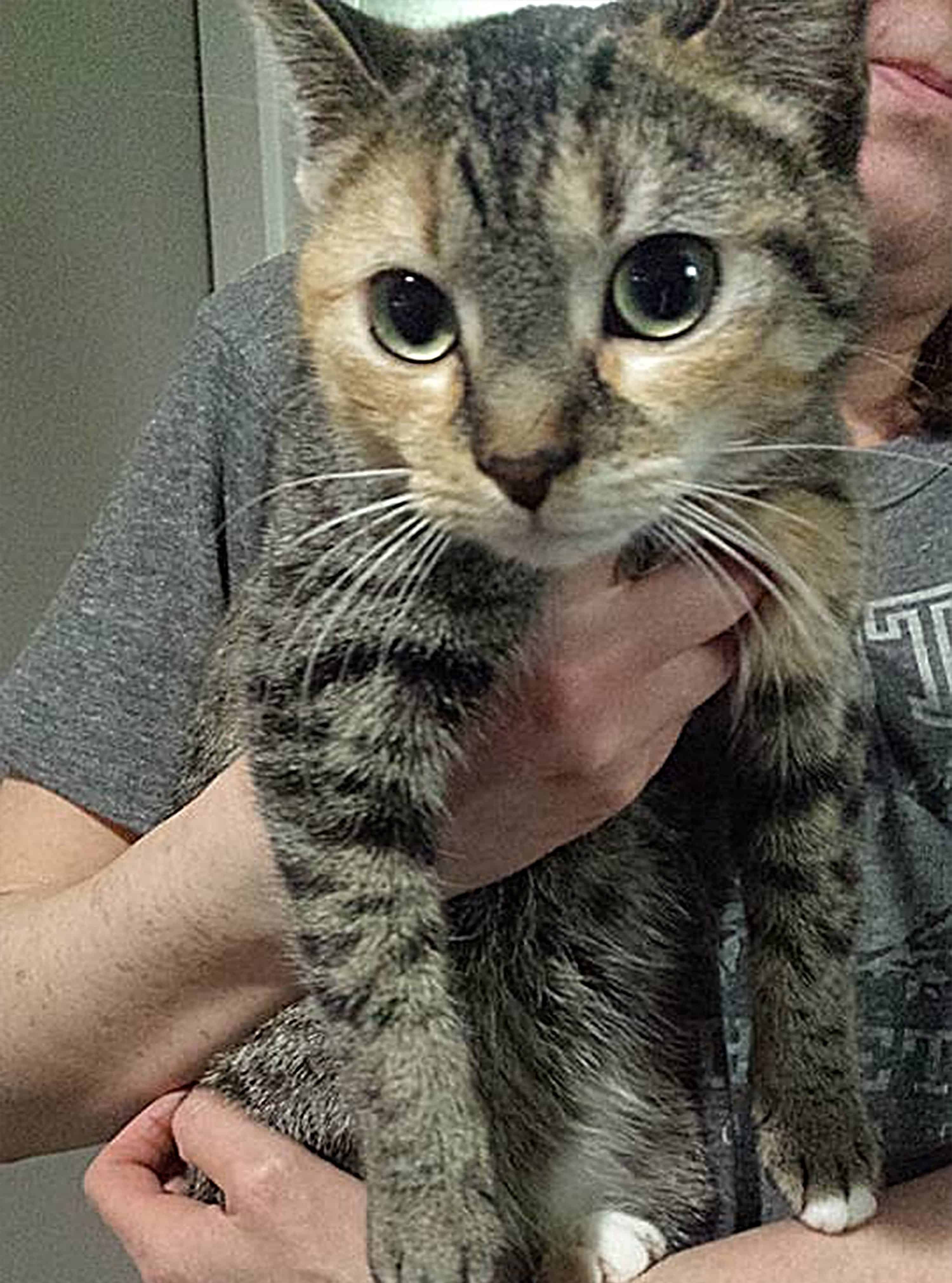Cats and kittens galore!

Regina Cat Rescue: a safe haven for kitties
Alanna Whippler is a volunteer foster care giver for stray cats in Regina. She currently has five cats in her home, most of which are her own. Whippler is just one of many foster care givers who compose Regina Cat Rescue, a volunteer, foster-based street rescue organization. This means that they only take cats that are found on the street.
“There are a lot of cats. I think a lot of people would be surprised to learn how many stray and feral cats there are in the city,” says Whippler.
Whippler first got involved with Regina Cat Rescue in 2008 (then called People for Animals), because she loved cats and the idea of a foster-based rescue and adoption process.
“I really liked the idea of cats being fostered with other animals. You have a better idea of what you are getting into, and they are a little more predictable,” Whippler explains.
Being a foster home comes with challenges, though. Pets you already have are subject to health risks and increased stress because of the new cats. Though Regina Cat Rescue sends rescued cats to the veterinarian before they are taken to a foster home, foster cats can sometimes still bring in illness and viruses. Aside from the risks, though, Whippler loves being a foster mom for cats and says her own cats have grown used to sharing their home.
“Kittens usually integrate a lot easier than adult cats,” Whippler explains. “Generally, there are a few days of tension, and then it dies down. [My cats] are actually used to it now. I think it is a lot less of an event now when a new kitten comes in.”
The length of a cat’s stay in a foster home varies, depending on the cat’s age, cuteness, and breed.
“We have cats where you can throw their profile up and get eight applications in a day, if it’s a little calico kitten or it’s an exotic bread. Then we will have cats that are really sweet, and we’ll have their profile up, but they’ll take months to get adopted. So I would say, on average, usually a few months, with kittens less,” says Whippler.
No matter how long it takes, no cat is ever abandoned. If a cat isn’t adopted within six months, they will look at bringing the cat to their partner adoption centre, PetSmart. There, the cats are given more exposure and are hopefully adopted quicker. You can imagine, though, how difficult it must be to say goodbye to a foster cat after months of bonding.
“I really am not the best foster home,” admits Whippler. “I hate giving them up when they have to go. But there are always more on the street. There are always more that need foster homes.”
Whippler continues, “In the summer, it gets really crazy because the population just explodes. There is an over population of cats in Regina and a lot of people don’t spay or neuter, especially in the more transient areas. It is not unusual to have 150-155 cats in foster care.”
Regina Cat Rescue also has multiple feral cat feeding stations in the city that they maintain daily. There they feed and sterilize feral cats so to keep cats healthy and slow the population growth.
Becoming a foster caregiver is actually extremely easy. Regina Cat Rescue provides food, toys, and supplies to their volunteer foster care givers, and the application is easy. It could be the perfect gig for students who miss having a pet around and who have limited funds to support a cat of their own.










